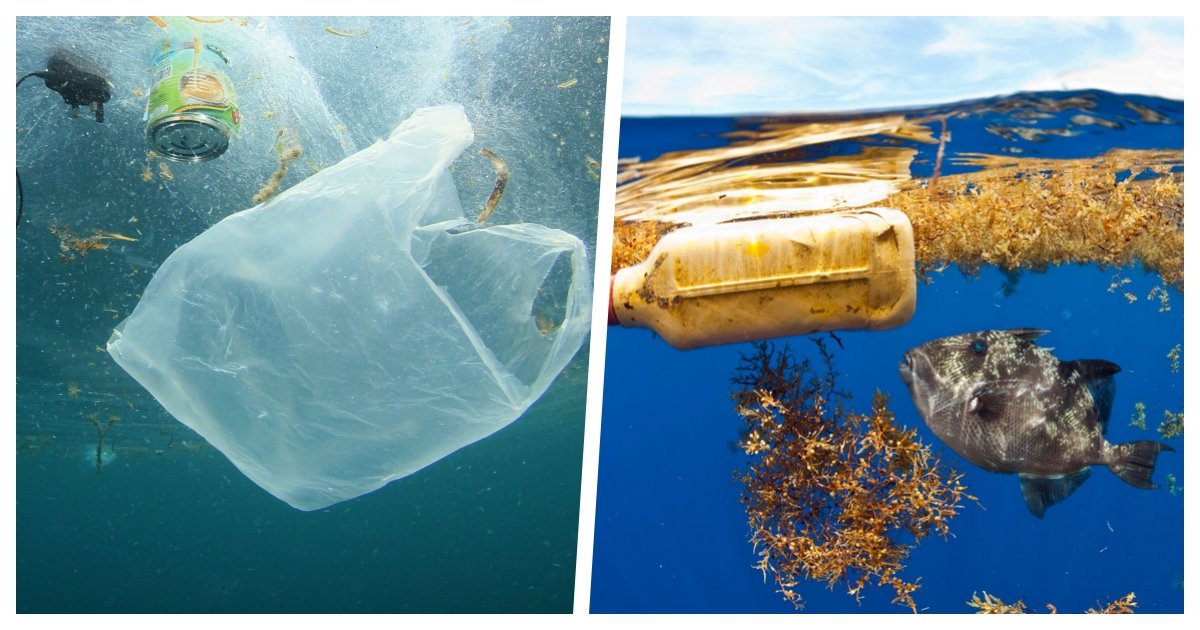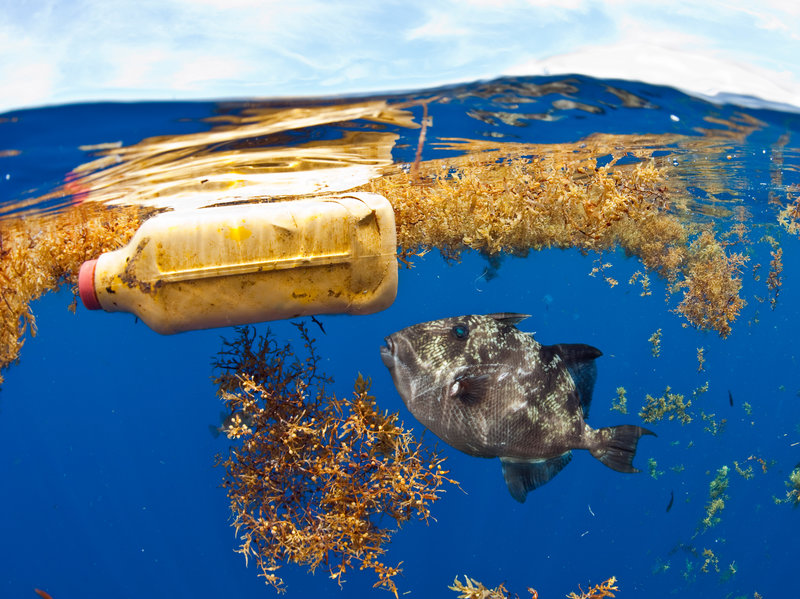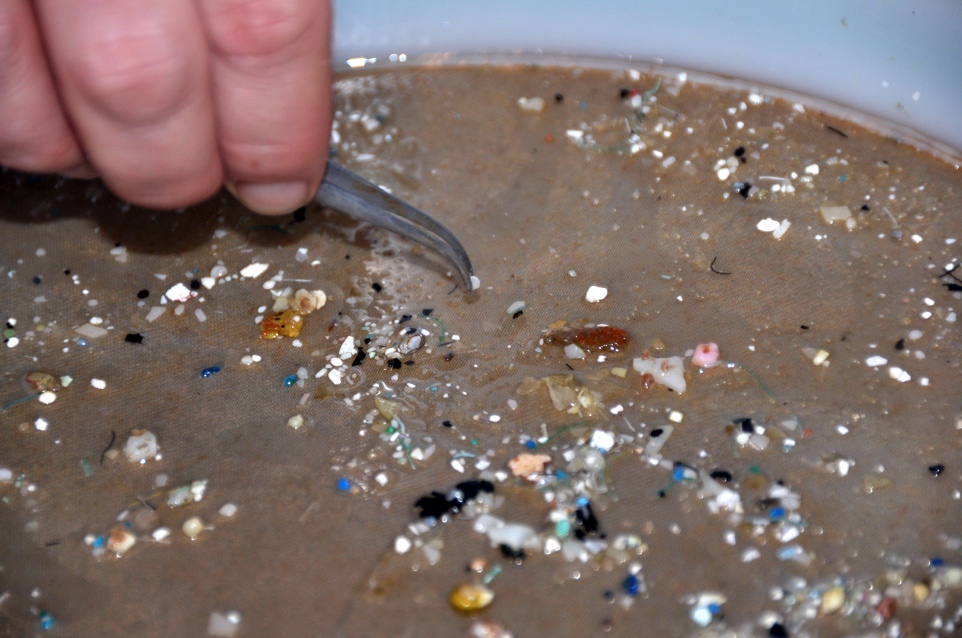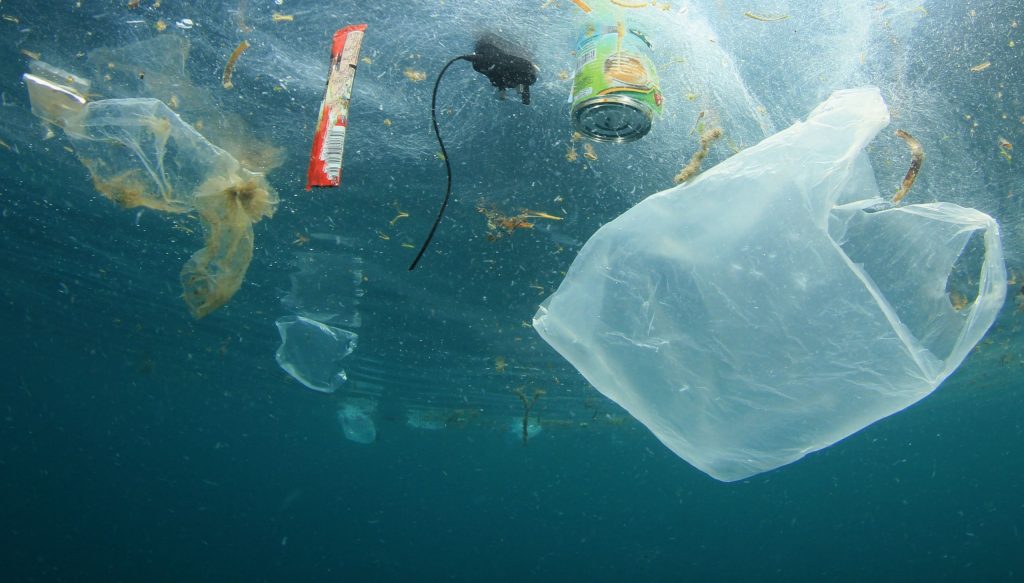There are truths that we know is true, but often try to undermine by not thinking about it.
One such issue is the sheer amount of plastic that we are throwing into our oceans. Worryingly, a new research suggests that the actual amount may be even greater than what we presume.
Some studies suggest that the amount of plastic trash that is visible to us only accounts to 1% of the total trash. Researchers at the National Oceanography Center in the UK set out to study where the remaining 99% was going to.
We already knew that a portion of plastic that is so small it is invisible to the naked eye is prevalent in our environment. From our water sources to the deepest seabeds of the Pacific, these microplastics have been reported around the globe.
What was unknown prior to this investigation was the exact proportion of these microplastics compared to the overall plastic trash that humans have created. Researchers decided to track down the three most frequently used plastic types in our oceans to analyze the impact.
The results surprised even the researchers. It turns out that an even greater amount of plastic is polluting our oceans than studies previously estimated. Because the tracing of plastic in our oceans is such a new study, it is no surprise that the results are far from comprehensive.
This research was more focused on better understanding what we know than suggesting a wholly new area of study. By investigating the water qualities in 12 different spots across the Atlantic, researchers extrapolated that up to 21 million tonnes of plastic may be in the water.
Shockingly, this particular study only looked into the 200 meters below the surface and only 3 different plastics. In other words, it may be that a greater number and types of plastic may be polluting the deep sea.
Needless to say, the plastic trash will eventually come back to humans after devastating the wildlife. Although the exact effects of microplastic on human health is unclear, it can’t possibly have good effects.
Considering how a great portion of humans rely on seafood as the main source of vital nutrients, a polluted sea life has much greater repercussions that stretch beyond sentimental appeals for conservation.
Share with us your thought on this issue, and be sure to follow us on Facebook for more news like this one.
Replaced!





